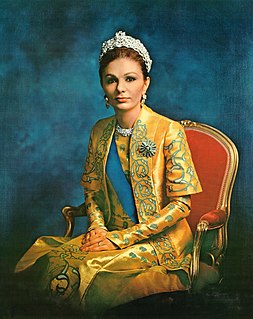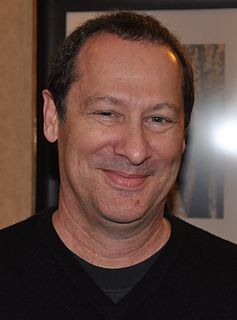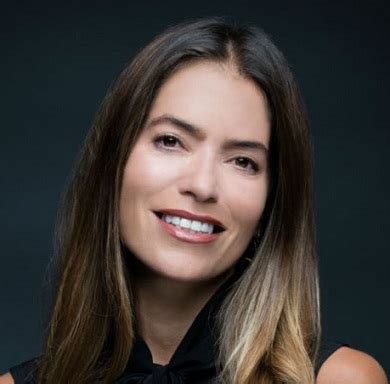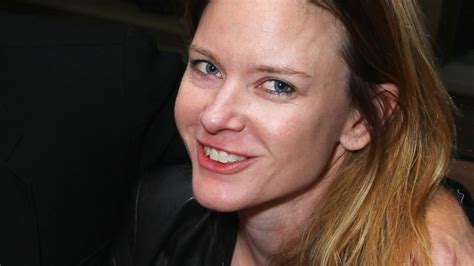A Quote by Paul Reed Smith
I see money as a reflection of how much impact you're having on the world. I see money as a metaphor in a way.
Related Quotes
All the interesting films are now being made by their subsidiaries for very low budgets. But the studios are not making money. They're making these big, very expensive pictures that take a lot of money but don't really pay for their costs. So they're having a very difficult time. I can see the system breaking down. I think the American studios are a reflection or a metaphor for American industry altogether, which is failing in the world. Its economic domination is being broken down and I think the same thing is happening to the studios.
The way that I make films is that I sit down and I think, "How much money could I get with less consequences?" And that's how I start. I'd rather have less money and total autonomy than more money and start having to answer to things, because then I'm not being true and the money men are not being true.
To walk in money through the night crowd, protected by money, lulled by money, dulled by money, the crowd itself a money, the breath money, no least single object anywhere that is not money. Money, money everywhere and still not enough! And then no money, or a little money, or less money, or more money but money always money. and if you have money, or you don't have money, it is the money that counts, and money makes money, but what makes money make money?
We came from where people don't look like they have money anyway. We came up in an era where the dudes who had all of the money looked regular, the same way you see billionaires in some run down shoes or old jeans. You see how Warren Buffett, Bill Gates and those dudes dress. Even in our era, the dudes with the money weren't flashy.
I have been very lucky because I have had the opportunity to see what it's like to have little or no money and what it's like to have a lot of it. I'm lucky because people make such a big deal of it and, if I didn't experience both, I wouldn't be able to know how important it really is for me. I can't comment on what having a lot of money means to others, but I do know that for me, having a lot more money isn't a lot better than having enough to cover the basics.































